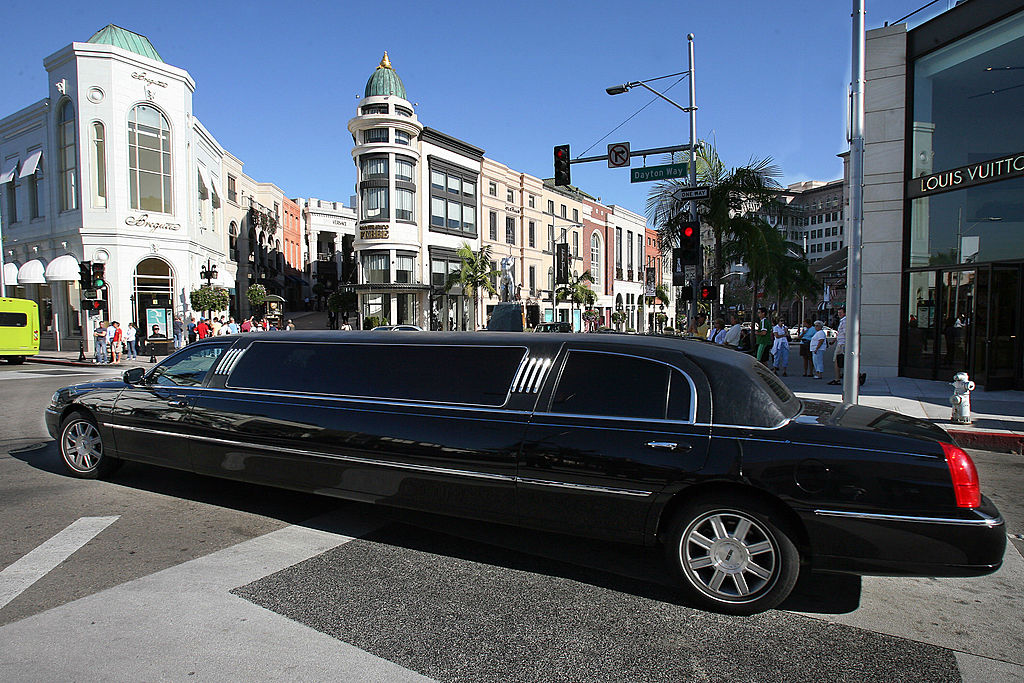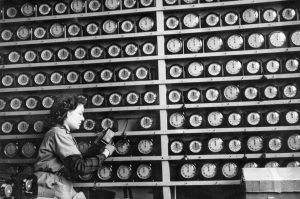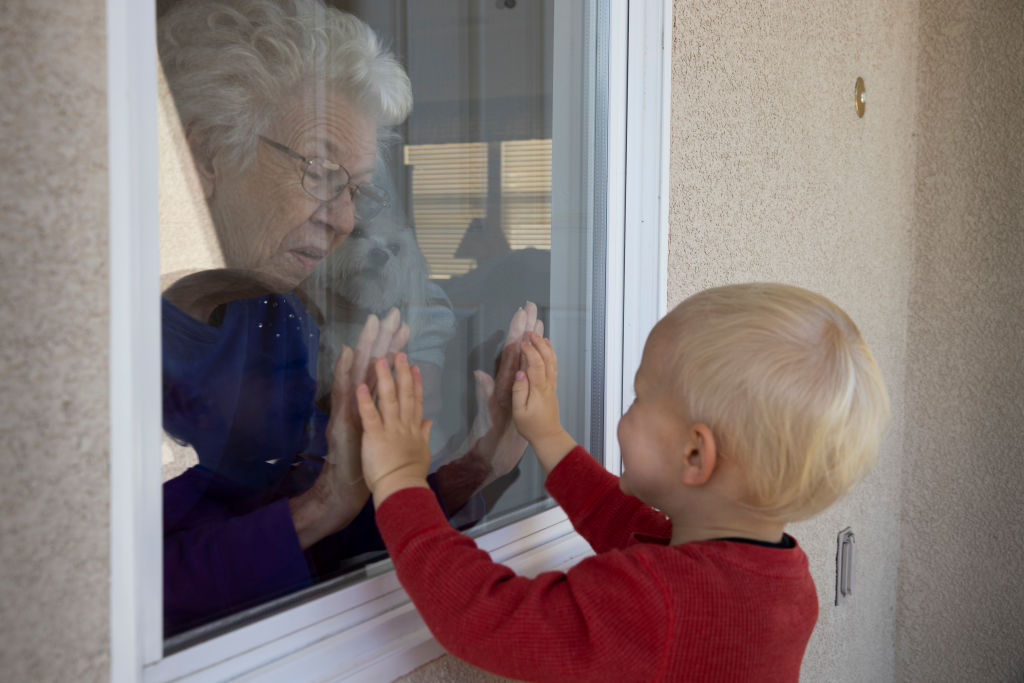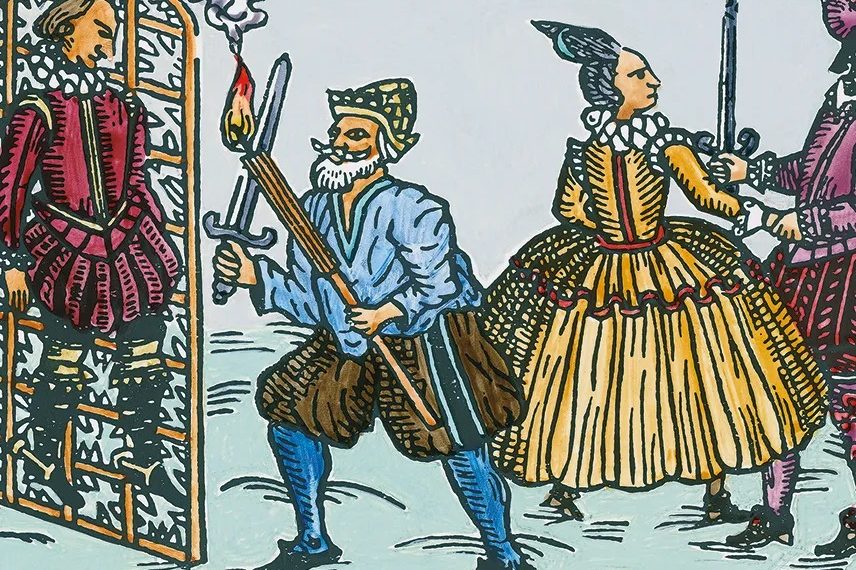God damn this virus! It’s not so much that I mind the coughing — as a schoolboy I heard every mock-hacking variant of “Cough-Man” — as that Covid’s wretched timing caused me to miss Opening Day for baseball’s Muckdogs for the first time in decades, as well as the premiere of Brothers at Odds, a play about our town’s eccentric nineteenth-century Brisbane family, whose manse faces an uncertain future.
I did catch the second performance of both play and ballclub, though, and I can report that greed, bigamy and utopian spider webs are as American as balks and catcher’s interference. Albert and George Brisbane, the titular siblings, were less Cain and Abel than Vain and Stable. My sympathies were with George, a solid burgher who tossed coins to children on his daily walk to the barber shop and in winter carried a magnifying glass, which he used to examine snowflakes that landed on his black coatsleeve.
George’s fame extended no further than the verge of Main Street. Albert, by contrast, was America’s best-known antebellum proselytizer for a bizarre variant of socialism. As a boy, Albert stood on the rude bridge arching the Tonawanda Creek and tossed pebbles into the shallow water, asking himself the question no twelve-year-old ponders: “What is the work for man on earth?” When his land-speculating father told Albert that his future was bright, he replied, “The great thing, it seems to me, is to know what the human race has to do, and then to cooperate with it in its work.”
Rolling his eyes, Pop shipped his annoying son off to boarding school, then sent him on a Grand Tour of Europe that lasted six years. The pilgrim studied with Hegel, bedded strumpets galore and fell hard for the ideas of the French woolgatherer Charles Fourier, the daft draftsman who proposed that society reorganize into 1,620-person “phalanxes” in which the passions — for work, leisure and polyamorous rutting — would be indulged for the general benefit. Fourier predicted that his scheme eventually would produce a world in which, writes historian Chris Jennings, “mosquitoes will go extinct; friendly whales will tow our ships and the oceans… will taste like lemonade.”
Albert Brisbane was Fourier’s most ardent (and wealthiest) apostle, though he renamed the panacea “Associationism” and downplayed his guru’s more outré sexual insights, such as that each phalanx would contain an equal number of sadists and masochists. From his perch as a columnist for Horace Greeley’s New York Tribune, Albert and his vigorous evangelism resulted in the creation of forty short-lived phalanxes, most notably Brook Farm, which Nathaniel Hawthorne satirized in The Blithedale Romance.
A typical rich socialist, Albert Brisbane somehow avoided sharing the wealth with his neighbors, e.g., the poor and pope-ridden likes of my Irish immigrant ancestors. Walt Whitman wrote of our boy: “Somehow or other he always looks as if he were attempting to think out some problem a little too hard for him.”
A champion swordsman and deadbeat dad, Albert fathered at least ten children with several women. The last of his wives, Redelia, was a groupie thirty-five years his junior whose friends warned her off the old lech, but what did they know?
His young bride later confessed that despite Albert’s lofty soul, “in the practical, every-day affairs of life Mr. Brisbane had a multitude of shortcomings.” His chronic indigestion was no turn-on for his young newlywed bride, though Redelia offered the tantalizing hint that despite Albert’s “vital infirmities, his capacity for endurance seemed immeasurable.” I imagine a rueful sigh accompanied that observation, but when you marry a Batavia man, that’s what you sign up for.
The play, based on city historian Larry Barnes’s entertaining history of the Brisbane family, was written by and starred Genesee Community College professor Derek Maxfield. It is an all-too-rare example of the regional dramaturgy proposed in the 1930s by Wisconsin’s Robert Gard, the “Johnny Appleseed of American grassroots theater.” To hell with Broadway imperialism. Peoria and Portsmouth don’t need local productions of such schmaltz as Rent or Annie; they need Brothers at Odds-style indigenous theater by and for locals.
The exact location of Fourierist Albert Brisbane’s cremains is not certain, but stolid brother George’s body is six feet under the ground in the old Batavia Cemetery. I left a penny on his gravestone the other day. I prefer snowflake-gazers who flip quarters to kids to world-saving horndogs with dystopian dreams.
This article was originally published in The Spectator’s August 2022 World edition.

























